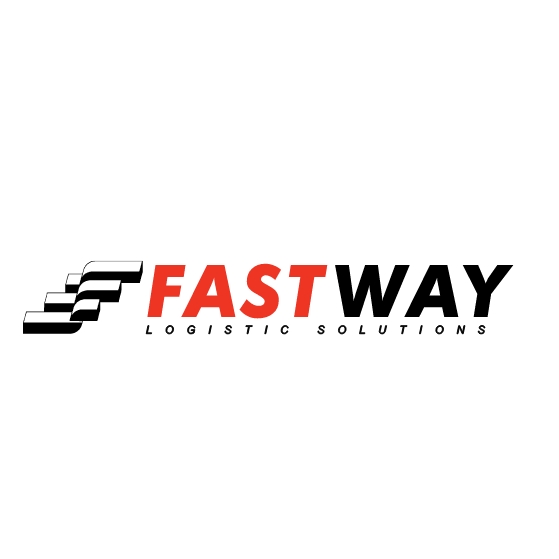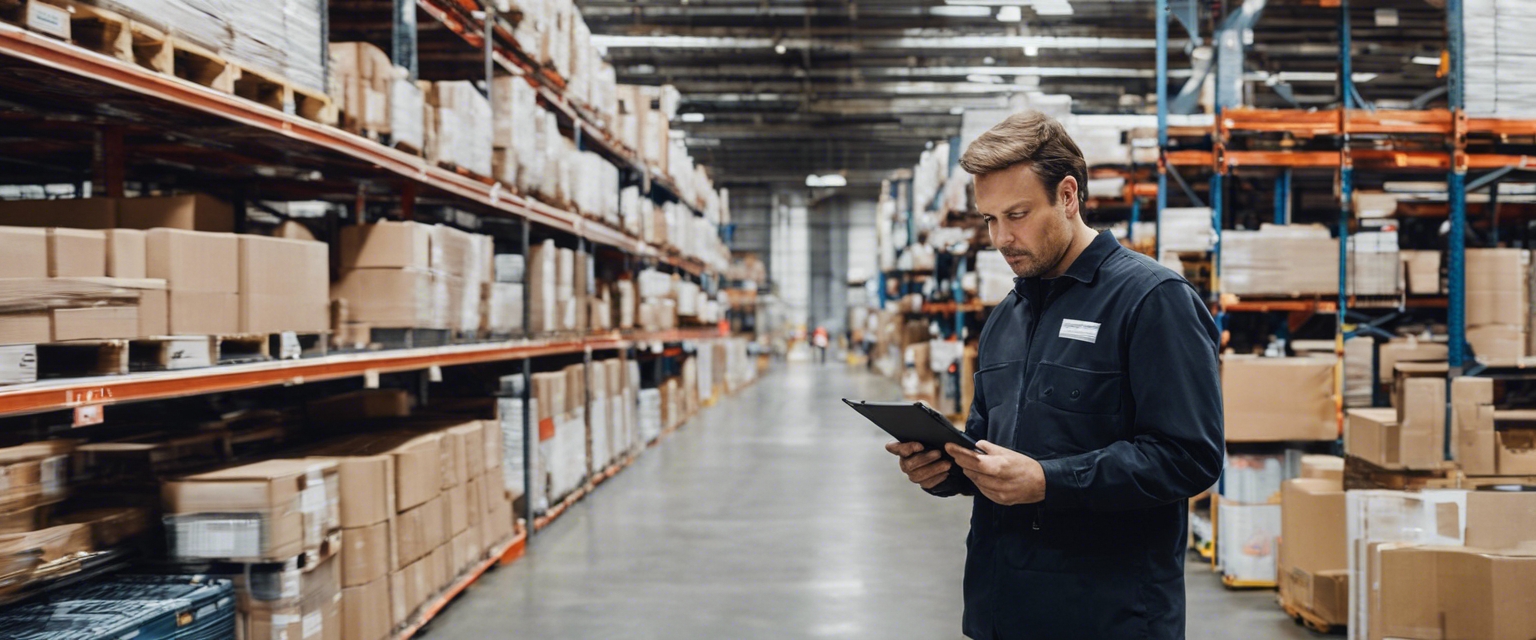The future of e-commerce logistics
The e-commerce industry has witnessed exponential growth over the past decade, and with it, the logistics that power this sector have become more critical than ever. As we look to the future, e-commerce logistics is poised to undergo transformative changes, driven by technological innovation, environmental concerns, and evolving consumer expectations.
E-commerce logistics encompasses the processes involved in storing, handling, and transporting goods sold online from the seller to the end consumer. It is a complex web of activities that includes inventory management, order fulfillment, warehousing, and last-mile delivery. The current landscape is marked by a demand for speed, efficiency, and transparency, with consumers expecting fast and reliable delivery services.
Despite the advancements, the sector faces several challenges, including managing the surge in online shopping, coping with return logistics, and meeting the sustainability demands of both consumers and regulatory bodies. These challenges require innovative solutions to ensure the logistics infrastructure can keep pace with the growing e-commerce market.
Technological Advancements Shaping the Future
Automation and robotics are at the forefront of transforming e-commerce logistics. Automated storage and retrieval systems (ASRS), autonomous vehicles, and drones are streamlining operations, reducing human error, and increasing efficiency in warehouses and delivery processes.
AI and machine learning are revolutionizing logistics by optimizing routes, predicting demand, and managing inventory. These technologies enable smarter decision-making and can significantly reduce operational costs.
Big data and advanced analytics provide insights that help businesses understand consumer behavior, forecast trends, and make informed decisions. This data-driven approach is essential for optimizing the supply chain and enhancing customer satisfaction.
Blockchain offers a secure and transparent way to track goods throughout the supply chain. By providing an immutable ledger, it ensures the authenticity of products and streamlines transactions, which is particularly beneficial for cross-border e-commerce.
Green Logistics and Sustainability
As environmental concerns take center stage, e-commerce businesses are adopting carbon footprint reduction strategies. This includes optimizing delivery routes, using eco-friendly packaging, and investing in electric vehicles.
Innovative packaging solutions that reduce waste and the use of sustainable materials are becoming increasingly important. Companies are exploring biodegradable and reusable packaging options to minimize their environmental impact.
The integration of renewable energy sources, such as solar and wind power, into logistics operations is helping companies reduce their reliance on fossil fuels and decrease greenhouse gas emissions.
Customer-Centric Approaches
E-commerce businesses are focusing on personalization and customization to enhance the customer experience. This includes tailored packaging, personalized delivery options, and customer-specific handling procedures.
Consumers' desire for instant gratification is driving the demand for same-day and next-day delivery services. Logistics providers are adapting their operations to meet these expectations without compromising on efficiency.
Real-time tracking and transparent communication are essential for customer satisfaction. Advanced tracking systems provide customers with up-to-the-minute information about their orders, fostering trust and loyalty.
Globalization and Cross-Border E-commerce
As e-commerce becomes increasingly global, logistics networks are expanding to facilitate cross-border trade. This involves establishing international fulfillment centers and leveraging partnerships to ensure seamless delivery across borders.
Navigating customs regulations and ensuring compliance is a significant challenge for cross-border e-commerce. Logistics providers must be adept at handling these complexities to avoid delays and additional costs.
To reduce shipping times and costs, e-commerce companies are adopting localized fulfillment strategies. By storing products closer to the end consumer, they can expedite delivery and enhance the overall shopping experience.
Collaborative Ecosystems in Logistics
Collaboration is key to the future of e-commerce logistics. Strategic partnerships and alliances between logistics providers, technology companies, and e-commerce platforms are creating synergies that benefit the entire supply chain.
Shared warehousing and distribution centers are becoming more common as businesses seek to reduce costs and increase flexibility. This collaborative approach allows for shared resources and expertise, leading to more efficient operations.
The concept of Logistics as a Service (LaaS) is gaining traction, offering companies on-demand logistics solutions. This flexible model allows businesses to scale their logistics needs in line with demand, ensuring they can respond quickly to market changes.






Comments (0)